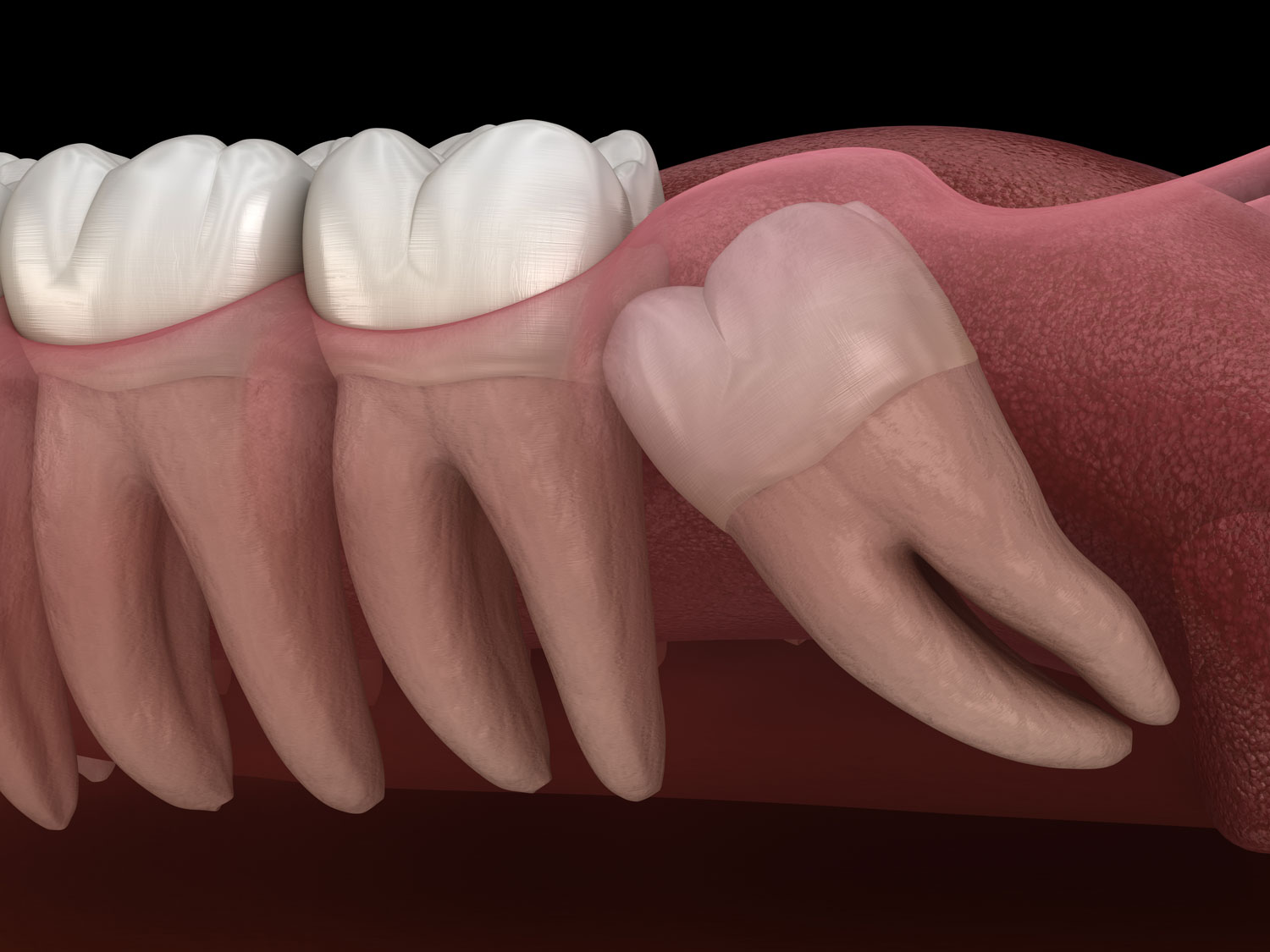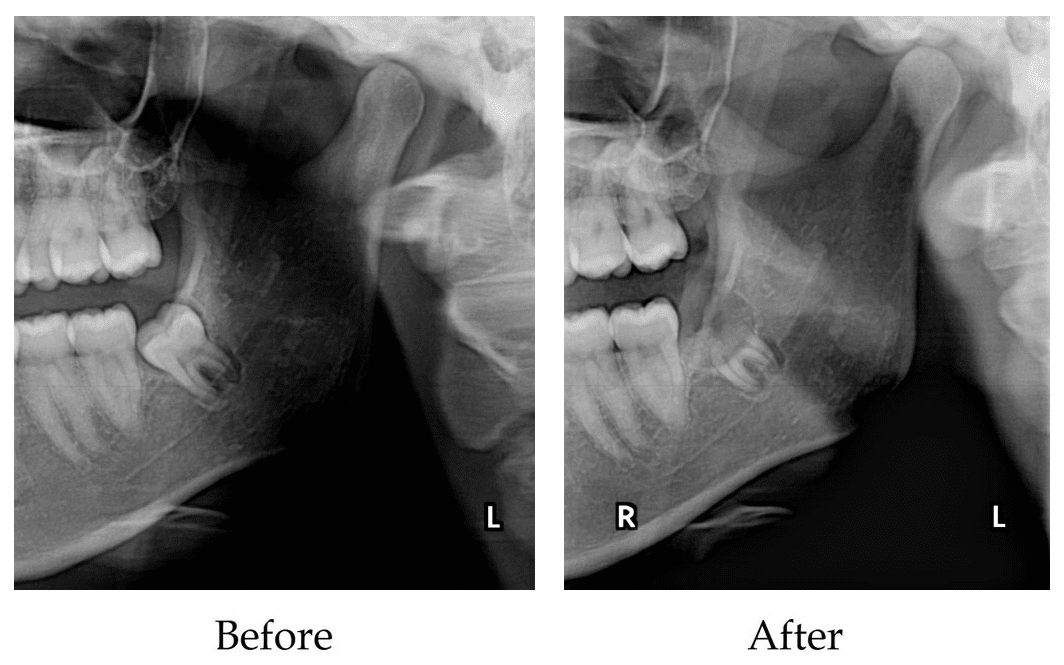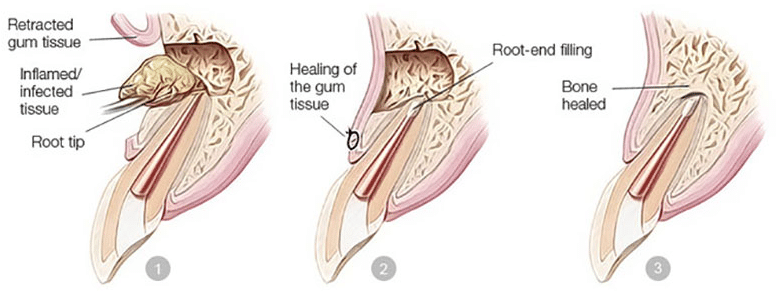EXTRACTIONS
WISDOM TOOTH EXTRACTION

WHY DOES A WISDOM TOOTH NEED EXTRACTING?
CORONECTOMY

APICECTOMY

CONTACT OUR TREATMENT COORDINATOR
We can offer a range of solutions for your perfect smile. Just fill out the form below to arrange your consultation:
Our Treatment Coordinator's role is to use training and in-depth knowledge to inform and educate you, ensuring you can make informed decisions that are right for you.
This means that all our patients have someone to talk to, throughout their journey with us. Fill out the form and we'll get in touch.

Popular Treatments
Cosmetic Dentistry
Dental Implants
Teeth Whitening
Hygienist
Facial Aesthetics
Emergencies
If you are already registered with us and require emergency treatment please call the practice to book in.
Opening Hours
Monday
8:45am to 5:45pm
Tuesday
8:45am to 6:45pm
Wednesday
8:45am to 6:45pm
Thursday
8:45am to 6:45pm
Friday
8:45am to 5:30pm
Saturday
Closed
Sunday
Closed

Copyright © Yatton Dental | SEO & PPC - Takeoff Digital
